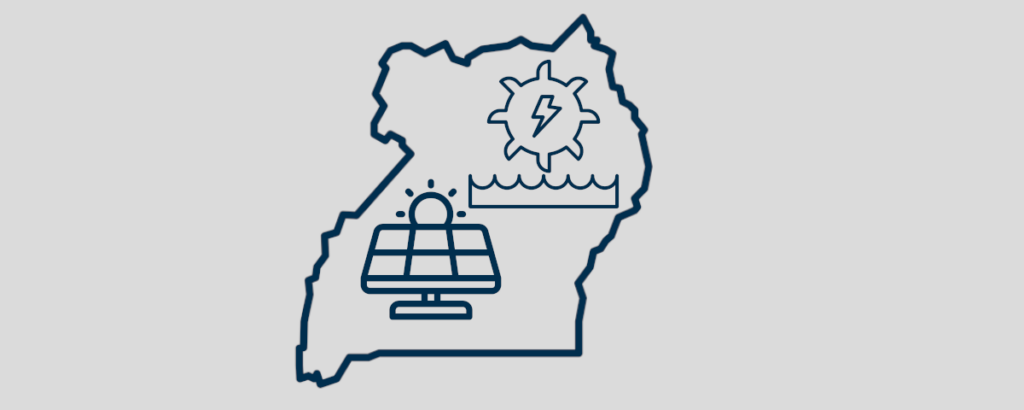100 percent renewable energy for Uganda – RLI starts country report
May 17 th 2022 | How can Uganda’s energy system be transformed into a system that runs on 100 percent renewable energy? This question will be answered by the Reiner Lemoine Institute on behalf of the World Wide Fund For Nature (WWF) in a new project. After 100 percent studies by the RLI for Germany and the Berlin-Brandenburg region, this is the first project to answer a study with this question for foreign countries in general and specifically for a country on the African continent. First results are expected to be presented at the UN Climate Change Conference in November. Today, the project’s staholders met for the first time.
For the country report, the RLI scientists of the research unit “Off-Grid Systems” are looking at Uganda’s entire energy system. For the modeling of an energy system for Uganda based on 100 percent renewable energies, the researchers are using the open source framework “oemof”. The RLI played a major role in developing the modeling and analysis software. In the meantime, oemof is used in many different projects. Now for the first time in a country report for a country in the global south.
“I am pleased that we are now conducting an overall view of the on- and off-grid area in the research area ‘Off-Grid Systems’. What is special here is that oemof is being applied as a modeling tool in a country with dynamically growing electricity consumption. We can transfer our know-how from research with a regional focus on Germany to other regions,” says Catherina Cader, head of the RLI research unit Off-Grid Systems.
The project could also serve as an example for other countries, Catherina Cader continues: “We hope that this project will support the implementation of the energy transition towards 100 percent renewable energies in other world regions as well.”
The project also marks RLI’s entry into energy systems transformation research in East Africa. “Also as an off-grid research area, we see more and more the relevance of looking at the whole country energy systems, as on- and off-grid will continue to converge more in the future,” says Catherina Cader.
In carrying out the project, RLI is working with local stakeholders in Uganda. Local resources will be used, especially for collecting concrete data on the energy system.
The project is scheduled to run for one year. More information about the project is available on the project page.
